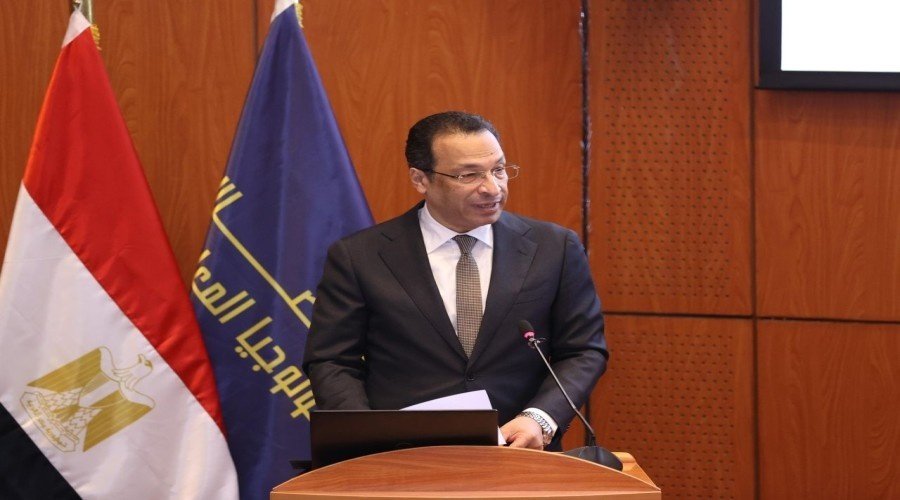The United Arab Emirates has invested nearly AED 44 billion ($12 billion) into its rapidly growing space industry, signaling a strategic pivot towards greater private-sector participation to fuel future innovation. According to Ahmad Belhoul Al Falasi, Minister of Sports and Chairman of the UAE Space Agency, the nation is actively working to empower corporations and SMEs to take a leading role in the sector’s next phase of development.
From Government-Led To Private Sector Driven
Historically, the UAE government has been the primary driver of the nation’s space ambitions. However, a strategic shift is underway to transition this responsibility to the private sector. Al Falasi highlighted that major corporations and a growing number of small and medium-sized enterprises are beginning to assume a more significant role. The government’s new focus is on strengthening the capabilities of the non-governmental space sector and identifying key partnership opportunities to accelerate growth.
Fostering a Local Spacetech Ecosystem
The initial entry point for many local SMEs into the space industry has been through space applications that leverage AI and data analytics. These companies provide critical services such as urban planning, environmental monitoring, and groundwater measurement by analyzing satellite imagery—a lower-cost venture compared to satellite manufacturing. The UAE Space Agency is committed to nurturing this ecosystem by providing a supportive legislative framework, logistical assistance, and ensuring intellectual property protection for local innovations, encouraging companies to expand into more advanced fields like component manufacturing and satellite operations.
Strategic Partnerships and Global Ambitions
To bolster its position on the global stage, the UAE is actively engaging in bilateral and trilateral meetings with space agencies worldwide to explore collaborative ventures. This international outreach is a core component of the agency’s strategic objective to position the UAE among the world’s top 10 countries for attracting and hosting space-related companies by 2031. This ambition reflects the country’s commitment to becoming a global hub for the space economy.
Local Champions Take To The Stars
The push for private sector involvement is already yielding results. Abu Dhabi-based startup Madari Space announced plans to place a data centre in low-Earth orbit, while the publicly-listed space tech company Space42 is set to launch its Al Yah 4 and Al Yah 5 satellites in 2027 and 2028. These satellites will enhance sovereign communications capabilities across the Middle East, Africa, Europe, and Asia, showcasing the advanced capabilities of the UAE’s private space sector.
About UAE Space Agency
The UAE Space Agency was established in 2014 with the aim of organizing, regulating, and supporting the UAE’s national space sector. Its mission is to develop a world-class space industry that contributes significantly to the nation’s economy and sustainable development goals while promoting scientific research and innovation.
Source: AGBI














